 Blue winter skies then a snow storm welcomed me back to the U.S. where I’m warm in the company of Marie this week. For weeks before my departure Ugandans expressed sympathy that I had to leave. “So cold, it’s terrible,” people kept saying. Their idea of Alaska is that it’s cold year round. Compared to the hot, humid day I boarded a plane in Entebbe, it is. But when I walked out of JFK on Tuesday morning, the air felt great. Fresh but not freezing. Yahoo! But then the temperature dropped and yesterday the snowfall began. I’m home!
Blue winter skies then a snow storm welcomed me back to the U.S. where I’m warm in the company of Marie this week. For weeks before my departure Ugandans expressed sympathy that I had to leave. “So cold, it’s terrible,” people kept saying. Their idea of Alaska is that it’s cold year round. Compared to the hot, humid day I boarded a plane in Entebbe, it is. But when I walked out of JFK on Tuesday morning, the air felt great. Fresh but not freezing. Yahoo! But then the temperature dropped and yesterday the snowfall began. I’m home!It likely will be cold and definitely dark when I get back to Alaska next week, but I’m fine with that. If you like seasons and contrast, Alaska is a great place to live. But it’s kind of funny to think about going home when I have felt so much at home in the last six months. I’m not really sure if I’m going home or going back or (one hopes) going forward. My internal compass has gone haywire or maybe it’s gone true. I’m not sure which, or whether it matters. Like the signpost on Itambira Island that has two arrows pointing opposite directions, one saying “This way” and one saying “That way.” I laughed out loud the first time I came to that fork in the path. There was no going wrong! “That way” led to a bench on a bluff overlooking Lake Bunyonyi. “This way” led back to my cabin.
But the points on the globe are not all created equal. Flying from Entebbe to New York City on Emirates lands you briefly in Dubai, where urban landscape rises out of desert and sea like an eerie futuristic mirage. Now I’m walking the village of Manhattan and sleeping on an air mattress in Marie’s little apartment. Last week Don mailed down my scarf and gloves and black wool coat so I can walk around disguised as a native.
I am so lucky to pause in NYC with Marie for a few days. She understands every word that I’ve uttered since arriving. When she found me in emotional meltdown next to the green bananas in the grocery store on my first day back, she understood that too. The first night here I cooked rice and beans for us and she devoured a plateful before going to take an Econ exam. It’s the final week of her first semester at Columbia, so she’s welcoming me in the midst of paper-writing and all. As she is underway with her Master’s program in International Education, Christian is wrapping up his UNICEF job in Switzerland. After Christmas in Uganda, the newlyweds will be together in the U.S. completing their graduate work.
I’ll start planning my own coming year after another night or two of sleep. A week ago I was walking on a little dirt road through a herd of those long-horned cattle that are everywhere in southwest Uganda. This week I’m trying to keep pace with hordes of Manhattanites. Next week I’ll be briefly in Anchorage then back to Kodiak in time for Heather and Hanna to join us for Christmas. My bank account is in serious need of replenishment so I am happy that work awaits me. But I’m eager to dive more deeply into agriculture and development and write a piece or two in the coming months, and it will be awfully nice to have internet access for any research I need to do. Right here in Marie’s room I can flip open my laptop and be instantly online at any moment of the night or day. Or I can drop into a coffee shop or any of the student lounges because the whole neighborhood and campus are wired. In fact, the whole city is wired at unbelievably high speeds. Documents load faster than a sudden in-breath. The only thing that takes patience is taking the time to think a complete thought.
If I lived in NYC I might not bother to travel the world because it’s all here in a tiny radius. Within a block of Marie’s door there is an Ethiopian restaurant and an Indian restaurant and a salon where Olga from Russia and Evelyn from Puerto Rico give manicures. The other evening I had dinner with Marie and her friend Anne from Uganda who works with Adult Education in Teso and is in the same International Education program here at Columbia. Later that night I walked up Amsterdam Ave to the Appletree store to buy tape and get some boxes and I bumped into Anne again as well as Sarah, a Maasai woman, who is also doing graduate work at Columbia.
It seems I’ve left the physical, visceral Africa and landed in philosophical discourse, surrounded as I am by even more students of development than I encountered in Uganda’s backpacker inns. At the Entebbe airport last week I read in Kampala’s Daily Monitor that the Gates Foundation has just launched in Nairobi a $13 million grant for research on African women in agriculture. This is great, but what about Esther in Kitale who needs a chunk of land and Anastacia in Narok who needs money for the mini-training centres for women farmers that they would like to start now? I’m a scholar by nature as much as a traveler and I know that throwing money and dropping aid are not as easy as one would hope, whether you are a country or a person. But I’ve just been living in places where input right now could make big differences.
For the last few months I’ve been giving small doses of tangible assistance and large doses of moral support. I don’t know what will come of any of it in the long run. My time in Africa intensified my desire to understand the issues of this part of the world, and my friendship with many remarkable people fuels my intention to remain connected. The news of the world cuts a wider swath for me than it did a year ago. While I was in Uganda, the big Commonwealth meeting came and went, 29 people died from Ebola, and a Kenyan won the Kampala marathon (a Ugandan runner placed second). While I was in South Africa, the country was elated to win the Rugby World Cup and shocked at the shooting death of Lucky Dube (which also saddened Ugandans and probably music fans everywhere), while the leadership struggles of the African National Congress heated up. The other day a Kampala taxi-driver informed me that my country was going to have its first woman president but back in Kenya everybody wanted to talk with me about Obama.
And here I am back in America on this island packed tight with people and prosperity. I woke up early this morning and went out for a latte but found the streets quiet and shops still closed at 7 am. On Kodiak Island by this hour of the morning Harborside Coffee would have served lots of customers. Here, to pass an hour’s time, I walked up Seminary Row to the park on Morningside Drive, where the sun was an orange ball coming up over the East River and people were walking their dogs on the crunchy remains of yesterday’s snow. I loitered along the black wrought-iron railings that curve around the park and took pictures of the frozen droplets hanging from the branches. I’ve always loved that about New York – millions of people and so much cement but nature and seasons still rule.
The recent months have been a very good time in my life but not the first or the last. There is so much more to do. I am grateful to Marie and Christian for getting me back to Africa. After leaving South Africa in 1973 I always wanted to return but never did anything about it. Their wedding is what brought me back to the continent and introduced me to east Africa and gave me a new family as well. And I’m grateful to Carla for sharing her life in South Africa and taking me on so many good adventures. Not just the trips around the country but the fun of sitting in front of her windows eating platters full of fresh greens from her garden and gem squash and quinoa. And conversation. And chocolate!
My entire time in Africa I stayed healthy, probably a fluke of birth. To be a traveler at all is a privilege. To meet people suffering from AIDS and malaria and hunger is a reminder of the responsibility of being alive and aware. Somehow in a continent that faces so much poverty and poor health, I received more inspiration than despair.
It’s been fun to share my journey via this blog. I’ve tried to keep entries brief but they end up longer than I myself would have time to read without stepping out of the usual time crunch. So, to all of you friends and family and readers known and unknown who have made the time to read, thank you! To you diehards who encourage me to keep my blog going, be careful what you suggest. And if you haven’t discovered the quotes at the bottom of the screen, scroll down to see what I’ve stumbled upon most recently.
OK, it’s time to walk down Broadway to find Marie and friends at the Hungarian Pastry Shop. Not a bad way to suffer jet lag.



.jpg)















.jpg)






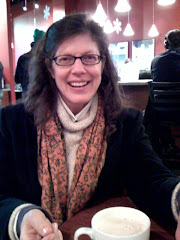





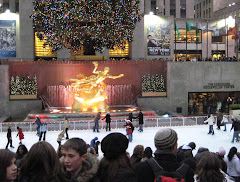.jpg)

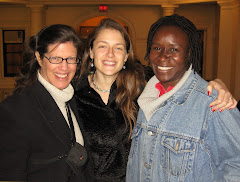.jpg)


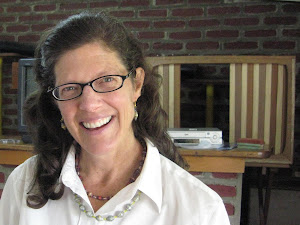.jpg)

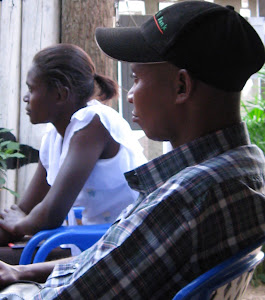.jpg)
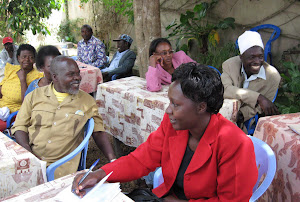.jpg)
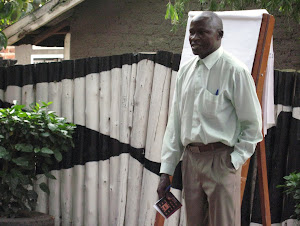.jpg)















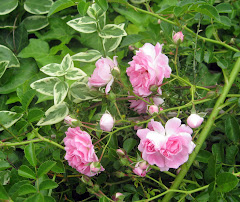












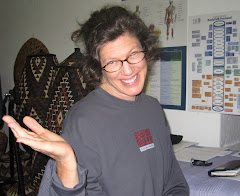



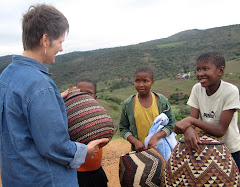.jpg)




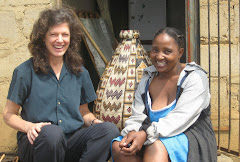










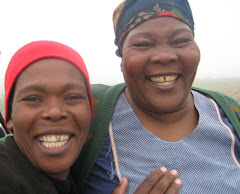.jpg)

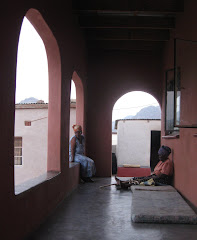.jpg)

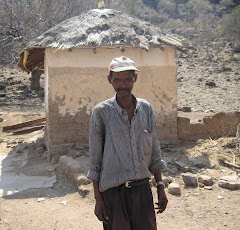.jpg)
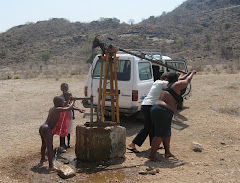.jpg)
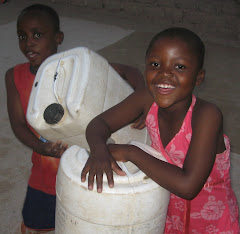.jpg)
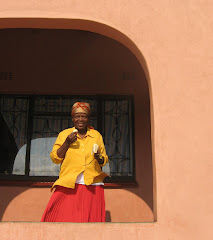.jpg)

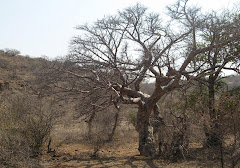.jpg)



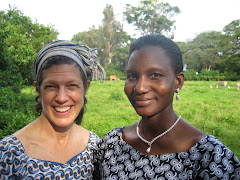



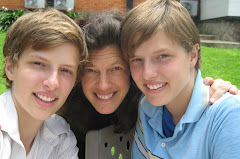.jpg)
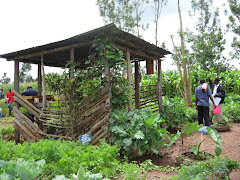
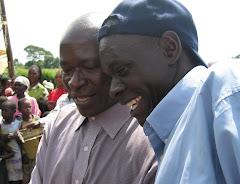.jpg)

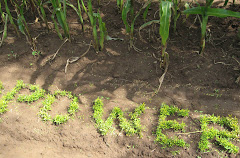.jpg)
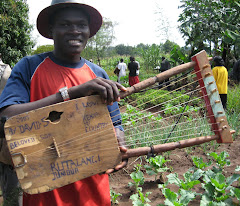.jpg)





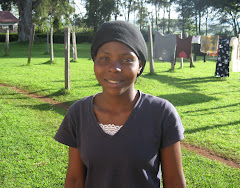.jpg)



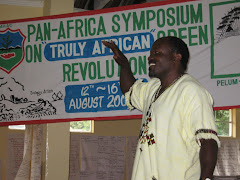

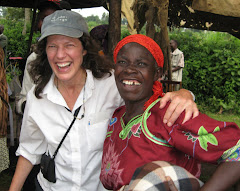.jpg)
















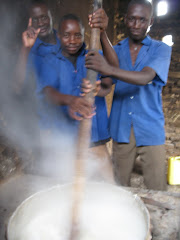.jpg)










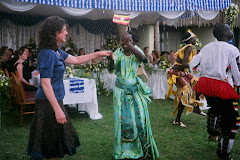.jpg)
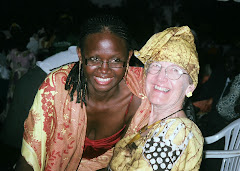.jpg)



